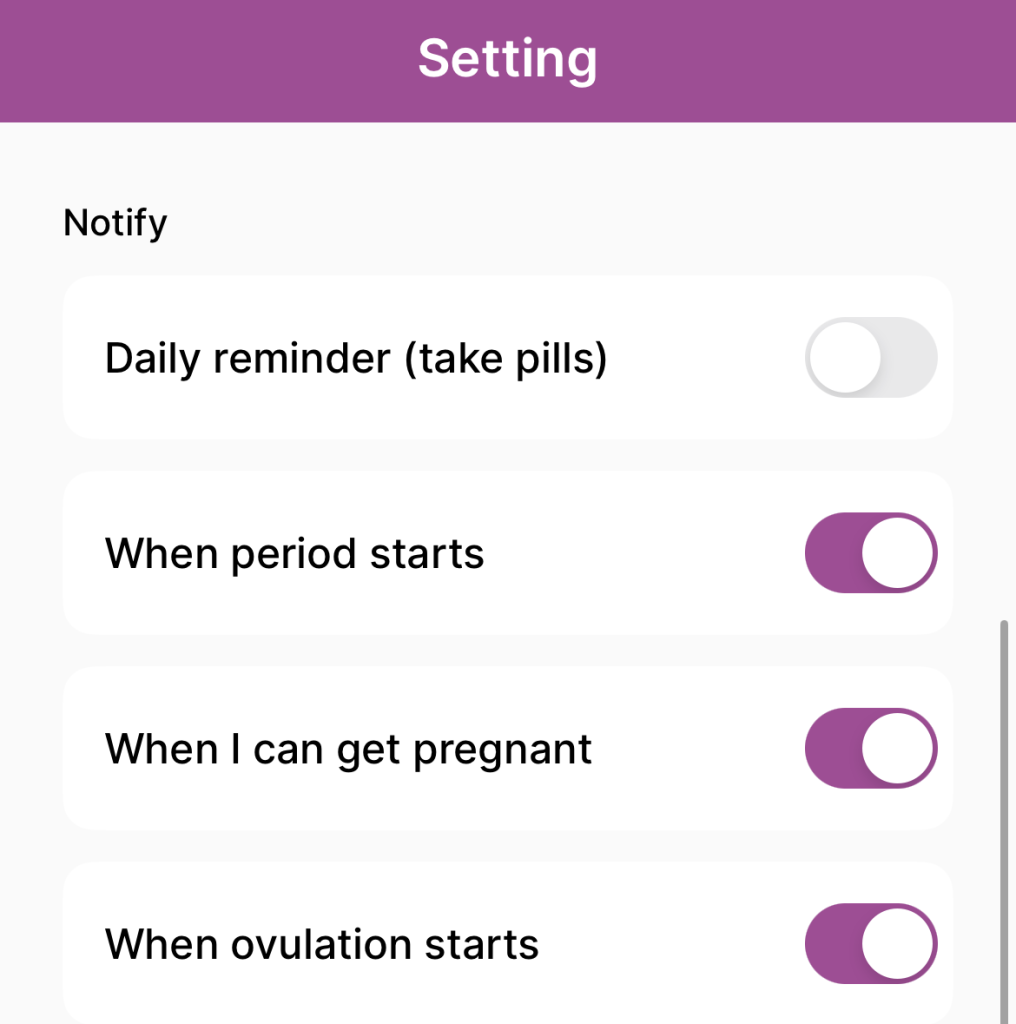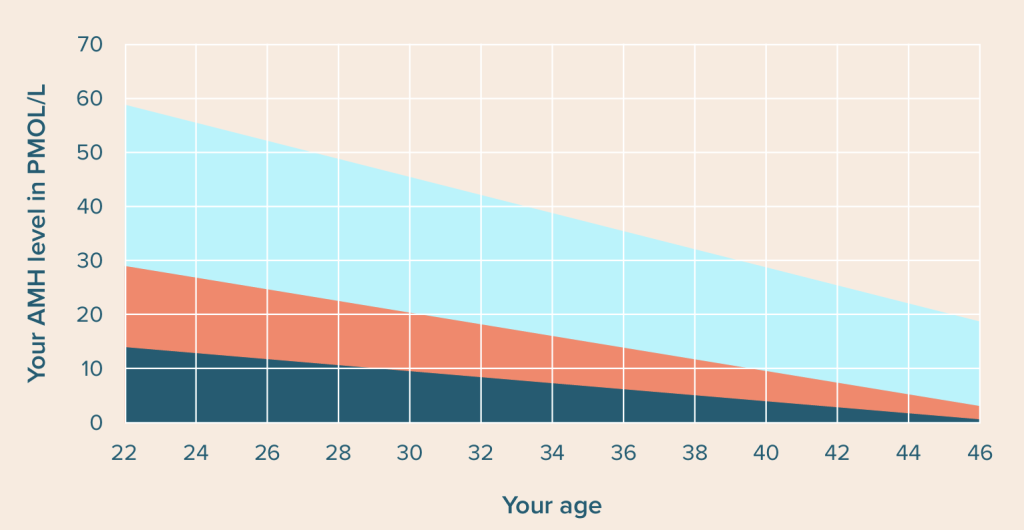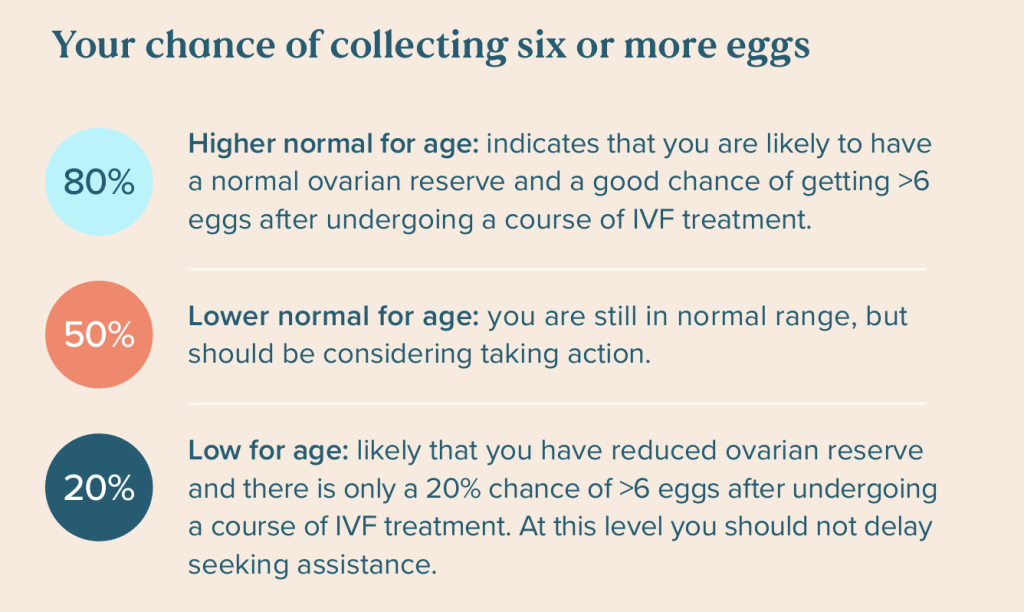Want to know more about your fertility? Start with your AMH
AMH (Anti-Müllerian Hormone) is a hormone produced by your ovaries. It provides a reliable indication of your remaining egg reserve — essentially, your fertility score.

AMH (Anti-Müllerian Hormone) is a hormone produced by your ovaries. It provides a reliable indication of your remaining egg reserve — essentially, your fertility score.
Most women think about fertility only when they’re trying to conceive. But by then, it might already be too late. The truth? Fertility declines naturally with age — but now, there’s a reliable way to assess it: the AMH test. It’s revolutionizing how women plan their futures.

What is AMH test?
AMH (Anti-Müllerian Hormone) is a hormone produced by your ovaries. It provides a reliable indication of your remaining egg reserve — essentially, your fertility score.
When to take the AMH test?
If you use the Mali Fertility app, you’ll receive a notification when your period starts.

This makes it easy to schedule your fertility check on Day 2 or 3 of your cycle — the ideal time for hormone testing, including AMH, FSH, LH, and Estradiol. Testing at this stage provides the most accurate snapshot of your reproductive health.
If you’d like to speak with our fertility expert and book your test today, please visit: https://www.beyondivf.com/book-a-free-nurse-consult
What is AMH, and why is it so important?
The AMH test is currently the most accurate tool available for estimating ovarian reserve, helping you make informed decisions about your reproductive future.
This test can predict how many eggs might be retrieved during an IVF cycle and can also identify women at risk of early menopause. Like most tests, interpreting AMH results involves various factors, so it’s helpful to consult a fertility specialist for guidance. You can speak with one of our experts for free here.
While age remains the best predictor of monthly conception chances, about 10% of women with regular cycles still lose fertility earlier than expected. Women in their 20s or early 30s should consider family planning sooner rather than later. The AMH test is currently the best available measurement to assess ovarian reserve early on.

The Pros of AMH Testing You Should Know
AMH (Anti-Müllerian Hormone) testing has become a popular option for women who want to understand their fertility status, as it offers several advantages, including the following:
- Recommended for women in their early 20s to early 30s who want to proactively plan for a healthy family life.
- This test is more convenient and less expensive than alternative tests like Egg Check, because it uses a simple blood test rather than ultrasound scanning and can be done at any time in the menstrual cycle.
- It can help predict how many eggs you are likely to obtain in an IVF cycle.
- It may also identify women who may undergo early menopause, and therefore who may lose their fertility earlier than average.

Understanding your AMH test results
Although an AMH test can help pick up those who might lose their fertility more quickly, it cannot show who is more fertile than average, nor does it predict ovarian reserve in women with Polycystic Ovaries (PCO).
AMH gives an indication of the relative quantity of eggs a woman has relative to others of her age. It is NOT a measure of egg quality.
It also helps us understand the number of eggs we might retrieve and the drug doses we might need in IVF. The higher the AMH, the less medication is required, and potentially, the more eggs are retrieved.

Like most fertility tests, an AMH test doesn’t provide a definitive answer. Your AMH result is plotted on a graph that shows a scale from normal to low.


Your chance of collecting six or more eggs
80% – Higher normal for age: indicates that you are likely to have a normal ovarian reserve and a good chance of getting >6 eggs after undergoing a course of IVF treatment.
50% – Lower normal for age: you are still in normal range, but should be considering taking action.
20% – Low for age: likely that you have reduced ovarian reserve, and there is only a 20% chance of >6 eggs after undergoing a course of IVF treatment. At this level, you should not delay seeking assistance.
Age is still a key factor to consider
Please remember that age is still a very important factor for fertility. The AMH tests can suggest when a woman might have lower fertility than expected for her age. However, there is no evidence that ‘good’ AMH results mean that a woman has a higher fertility than expected for their age.
Therefore, it is recommended that women plan their families before the age of 40, as fertility significantly declines after that point.
Additionally, a normal AMH result does not exclude other possible causes of reduced fertility. Other health factors, such as blocked fallopian tubes or hormonal imbalances, can also impact your ability to conceive.
Knowing your AMH level early allows you to take control. Whether you’re planning for the future, considering egg freezing, or just want peace of mind — the earlier you test, the better.
Special Packages for Mali Users at Beyond IVF
Women’s Fertility Health Check
Couple’s Fertility Health Check

Not sure if you need a checkup yet?
Start by talking to one of our fertility specialists and book your fertility test today. 👉https://bit.ly/malixBeyondIVF





